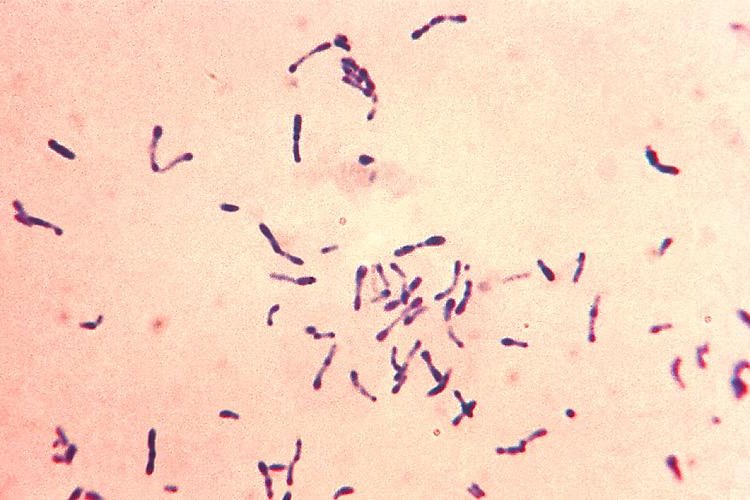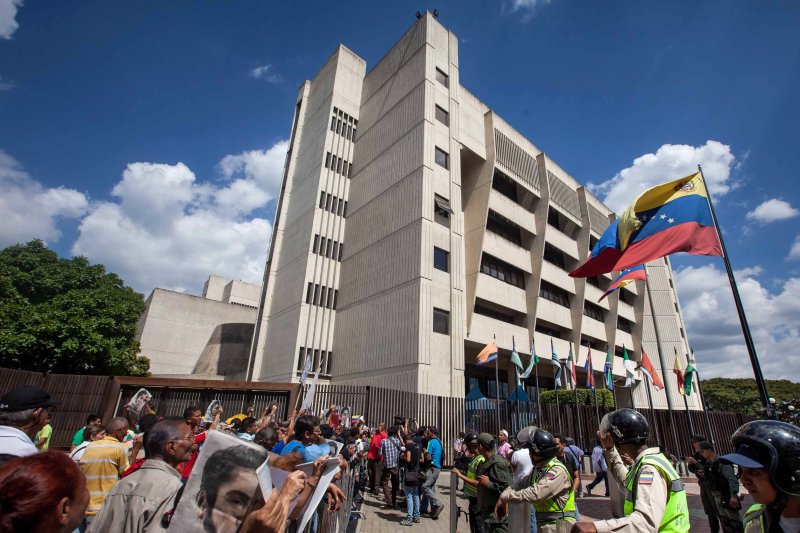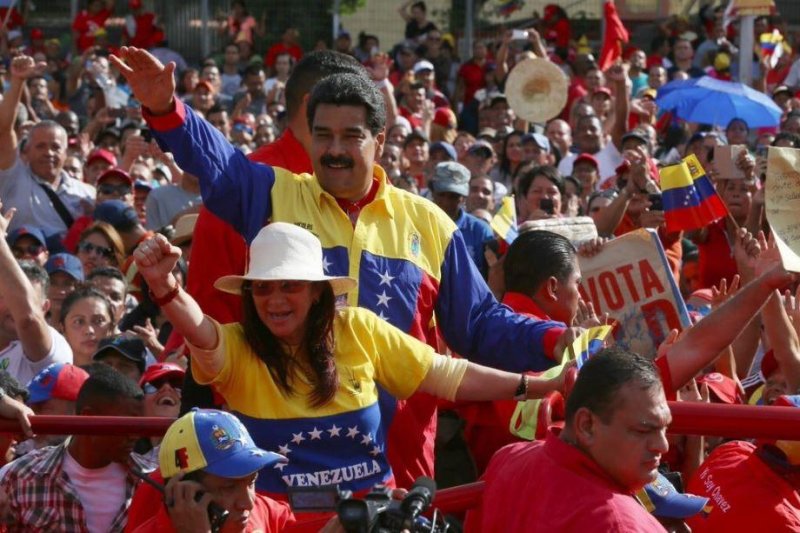Blackrook
Diamond Member
- Jun 20, 2014
- 22,008
- 11,931
- 1,255
Crowds surge into the streets to demand recall of Venezuela President Nicolas Maduro
Let's hope the Venezuelan people can win back their freedom peacefully.
Let's hope the Venezuelan people can win back their freedom peacefully.



